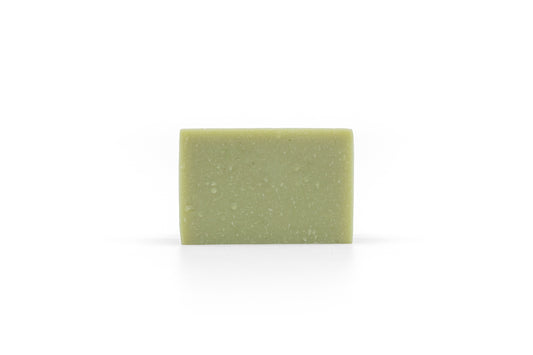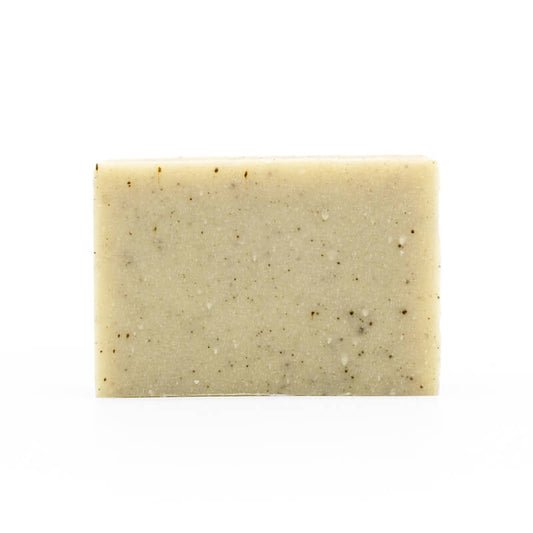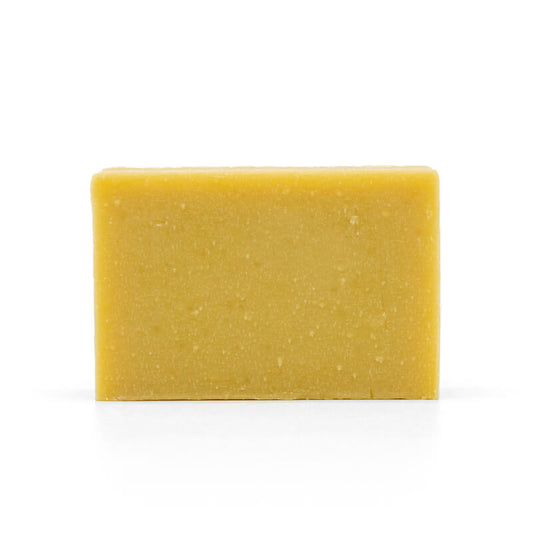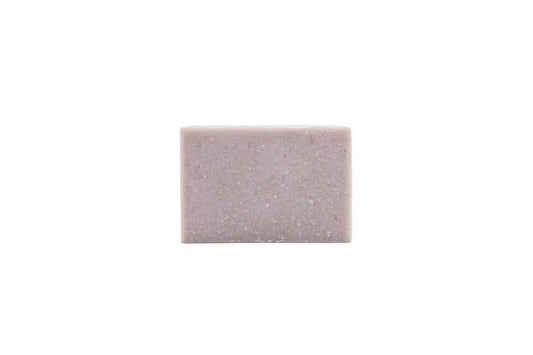Elderflower Absolute Oil
 Celebrated for its enchanting smell and myriad of uses, elderflower is a prized source for natural fragrance. With its sweet appeal and deep allure, elderflower absolute oil has become a valued addition to the natural fragrance library behind Beaverton’s cold process soaps.
Celebrated for its enchanting smell and myriad of uses, elderflower is a prized source for natural fragrance. With its sweet appeal and deep allure, elderflower absolute oil has become a valued addition to the natural fragrance library behind Beaverton’s cold process soaps.

Elderflowers in bloom ; Image: BBC Wildlife/Ann & Steve Toon
Elderflowers are the blossoms of the elder tree, Sambucus nigra. These small white flowers grow together in clusters and have a delicate sweet fragrance. The elder tree on which these flowers grow has a long history that stretches back thousands of years. In ancient Greece, the elder tree was held in high regard for its medicinal and magical properties. The Greeks held a belief in the power of nature, and they utilized various parts of the elder tree including the flowers, berries, and bark for a range of health remedies. The tree was often associated with the goddess Artemis who was linked to fertility and healing, and its branches were thought to offer protection against evil spirits. Greek scholars and herbalists, such as Dioscorides, documented the uses of elderflower in their writings. In medieval Europe, elderflower became an integral part of folk medicine, and it was believed to cure ailments ranging from colds to digestive issues. Its popularity continued into the Renaissance, when it was used to flavor drinks and desserts. In more recent history, elderflower has gained acclaim in modern cuisine and mixology, particularly through the creation of elderflower liqueur and syrups, which highlight its delicate and distinct flavor.

A diagram and description of the elder plant (right) in Dioscorides' De Materia Medica ;
Image: Library of Congress
The sweet scent of elderflower has made it a prized ingredient in perfumery, where its subtle and ethereal aroma lends a unique touch to many aromatic blends. The floral notes of elderflower evoke a sense of freshness and elegance, making it a popular choice for creating light and airy fragrances, often being used in conjunction with other floral or citrus notes to impart a sophisticated and whimsical smell. High-end perfume houses value elderflower for its ability to create nuanced and enchanting olfactory experiences in the craft of fine fragrance blending.

Ripe elderberries ; Image: Healthline/Harald Walker
Oils made from elderflower are prized for their complex aroma, which is attributed to the diverse array of chemical compounds contained within the plant. Among these, hexyl acetate and octyl acetate are responsible for the fruity and fresh notes of elderflower, while a small amount of cinnamic aldehyde imparts a warm and slightly spicy undertone. Other compounds like linalool add soft and lavender-like notes that enhance the elderflower’s floral character. Alongside these constituents, geraniol and nerol contribute rosy and citrusy notes respectively, rounding out elderflower’s smell. This intricate blend of compounds results in a rich and multidimensional fragrance profile that explains why elderflower is such a highly sought-after natural ingredient.

A sparkling beverage accented with elderflower blooms ;
Image: Good Housekeeping/Katrin Benary
Infused with the delicate, sweet fragrance of elderflower, the handmade small batch soaps from Beaverton’s offer a luxurious sensory experience that transforms daily routine into a moment of indulgence. The ephemeral aroma of elderflower imparts a fresh, soothing, and elegant ambiance, adding a touch of sophistication and serenity to hand washing and bathing.







